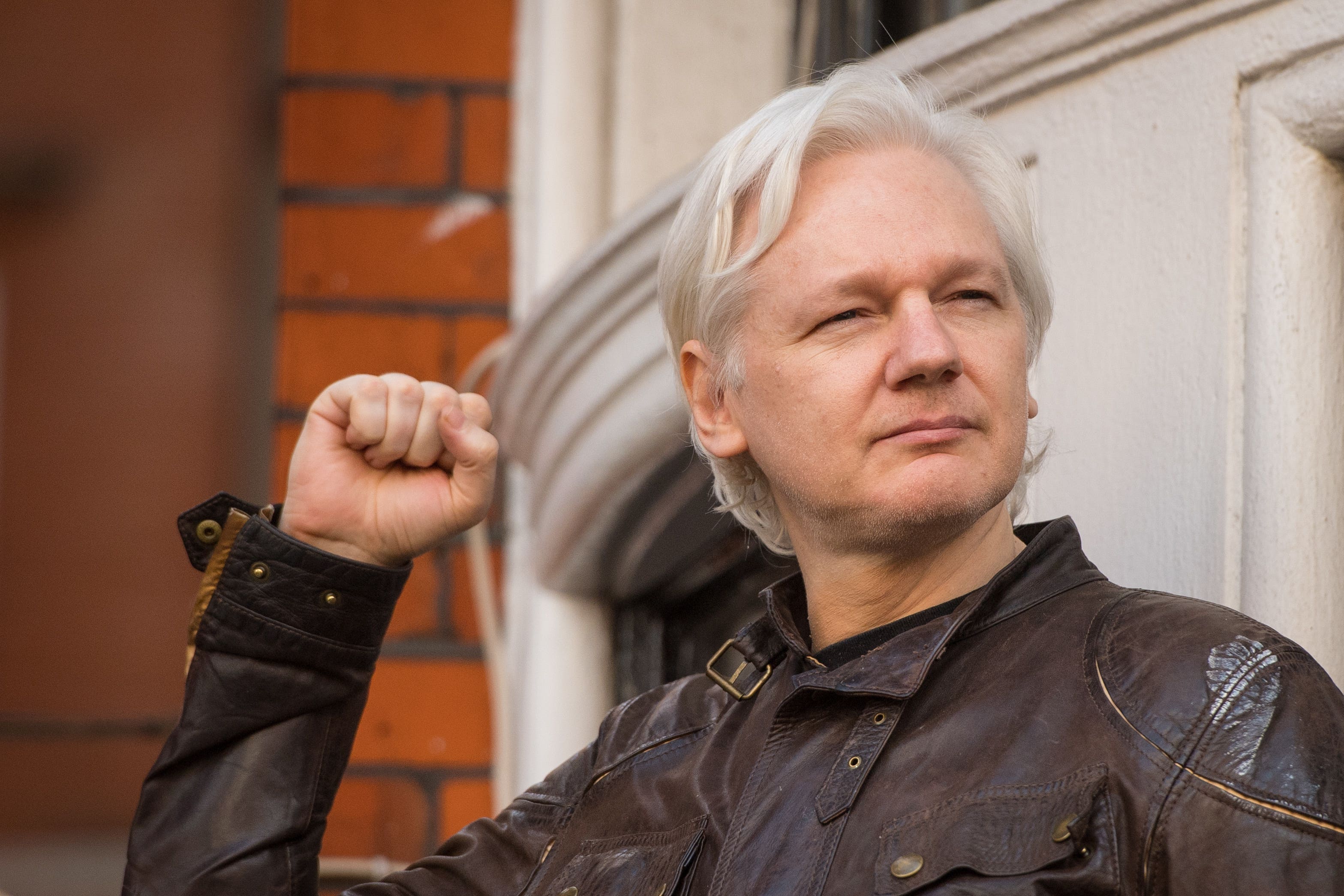Julian Assange faces further wait over whether he can appeal against extradition to US
The WikiLeaks founder faces prosecution in the US over the publication of leaked documents relating to the Afghanistan and Iraq wars.

Julian Assange faces a further wait to find out whether his final UK bid to appeal over his extradition to the United States can go ahead at the High Court.
The WikiLeaks founder faces prosecution in the US over an alleged conspiracy to obtain and disclose national defence information following the publication of hundreds of thousands of leaked documents relating to the Afghanistan and Iraq wars.
In a January 2021 ruling, then-district judge Vanessa Baraitser said that Assange should not be sent to the US, citing a real and “oppressive” risk of suicide, while ruling against him on all other issues.
But later that year, US authorities won their High Court bid to overturn this block, paving the way towards Assange’s extradition.
During a two-day hearing in February, lawyers for the 52-year-old asked for the go-ahead to challenge the original judge’s dismissal of other parts of his case to prevent his extradition.
And in a judgment on Tuesday, Dame Victoria Sharp and Mr Justice Johnson dismissed most of Assange’s legal arguments but said that unless assurances were given by the United States, he would be able to bring an appeal on three grounds.
The judges said the US authorities had three weeks to give those assurances, with a final decision to be made in late May.
At the start of Assange’s bid last month, Mark Summers KC argued the US’s prosecution would be retribution for his political opinions, meaning it would be unlawful to extradite him under UK law.
But Clair Dobbin KC, for the US, said the plans to extradite and prosecute Assange are based on his alleged actions, not his political opinions.
The hearing at the Royal Courts of Justice was attended by dozens of journalists and members of the public, with hundreds observing remotely.
Scores of Assange supporters demonstrated outside the central London courthouse over both days, waving banners and inviting passing drivers to honk their horns.
Bookmark popover
Removed from bookmarks